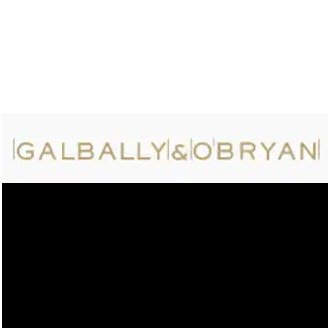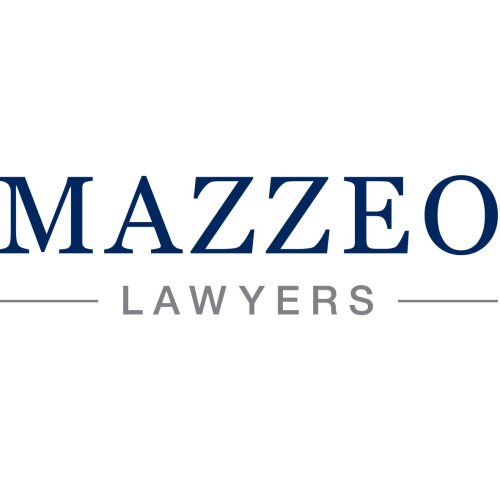Best Defamation Lawyers in Melbourne
Share your needs with us, get contacted by law firms.
Free. Takes 2 min.
List of the best lawyers in Melbourne, Australia
About Defamation Law in Melbourne, Australia
Defamation law in Melbourne, Australia is designed to protect individuals from false or harmful statements that may damage their personal or professional reputation. It considers any act of publishing material that can negatively impact another person's reputation as legally actionable. This includes false allegations or slur publicly spoken (slander) or written (libel). However, to constitute defamation, the information must be published untruthfully and should cause some form of loss or harm to the person concerned.
Why You May Need a Lawyer
If you believe someone has defamed your character, it's essential to have a professional lawyer who specializes in defamation law. They can help you understand if you have a valid case, how to collect evidence, and guide you through the entire process, ensuring your rights are protected. Similarly, if you are accused of having defamed someone, you will need a lawyer to assist in defending your actions, negotiating settlements, or fighting the matter in court.
Local Laws Overview
In Melbourne, Australia, defamation is largely governed by the Defamation Act 2005. This framework constitutes that a defamatory act can occur by the spoken word, writings, pictures, symbols, gestures or any other understandable legible forms. Crucially, the law offers protections to those that have unjustly been defamed, but it also respects the freedom of expression. Therefore, certain defenses like truth, honest opinion or qualified privilege may be available. These laws can be complex, so having an attorney who understands their nuances is crucial.
Frequently Asked Questions
What is the difference between defamation, slander, and libel?
Defamation is a general term for damaging someone’s reputation unlawfully. Slander refers to spoken defamatory statements, while libel refers to those that are written or published.
Can anyone file a defamation suit?
An individual or a business that has been defamed through false and harmful statements can file a defamation lawsuit. However, the statements must have been published, i.e., communicated to at least one person other than the plaintiff.
Is there a deadline to file a defamation claim?
Yes, a defamation claim should be initiated within one year from the date on which the defamatory material has been published.
What are the defenses against a defamation claim?
The most common defenses include the truth (if the statements made were true), honest opinion (if the statements were genuinely held opinions rather than assertions of fact), and qualified privilege (if the statements were made on an occasion that attracts legal immunity).
Can I claim damages?
Yes, if your defamation claim is successful, you can be awarded damages for harm to your reputation, and in some cases, damages for emotional distress and punitive damages.
Additional Resources
While this guide offers a basic understanding of defamation laws in Melbourne, Australia, legal matters can be complex. More detailed resources include the Defamation Act 2005, which is available online, and various resources provided by the Law Institute of Victoria or Victoria Legal Aid.
Next Steps
If you believe you need legal assistance regarding defamation, your next step would be to consult a lawyer who specializes in defamation law. Gather any evidence related to your case - this could include messages, emails, or witnesses hearing the defamatory statement. Make sure to track the potential impact on your reputation. Remember that timely action is crucial so consult your lawyer as soon as you think you might have a case.
Lawzana helps you find the best lawyers and law firms in Melbourne through a curated and pre-screened list of qualified legal professionals. Our platform offers rankings and detailed profiles of attorneys and law firms, allowing you to compare based on practice areas, including Defamation, experience, and client feedback.
Each profile includes a description of the firm's areas of practice, client reviews, team members and partners, year of establishment, spoken languages, office locations, contact information, social media presence, and any published articles or resources. Most firms on our platform speak English and are experienced in both local and international legal matters.
Get a quote from top-rated law firms in Melbourne, Australia — quickly, securely, and without unnecessary hassle.
Disclaimer:
The information provided on this page is for general informational purposes only and does not constitute legal advice. While we strive to ensure the accuracy and relevance of the content, legal information may change over time, and interpretations of the law can vary. You should always consult with a qualified legal professional for advice specific to your situation.
We disclaim all liability for actions taken or not taken based on the content of this page. If you believe any information is incorrect or outdated, please contact us, and we will review and update it where appropriate.










